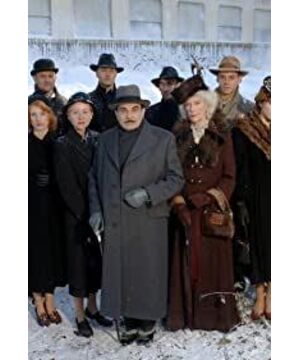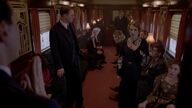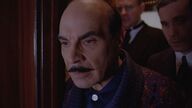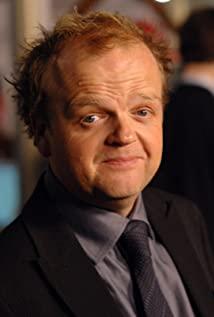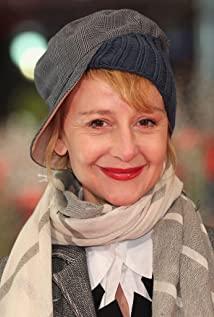Let's start with Poirot. First of all, as a "Poirot fan", I don't know if it's because of the case of the lieutenant that the movie started, so the protagonist feels heavy. Personally, I don't think Poirot's conceit and pride are well displayed in this movie. It made Poirot look a little down. Humblely followed behind the director to watch others help him find a seat, and carefully and cautiously squeezed a small room with others. To be honest, I don't see much of Poirot myself, apart from that weird moustache and goose-egg head.
Then this movie is different from the past, adding the so-called struggle between reason and jurisprudence. From the first lieutenant case and the execution of his cheating wife, to the final argument with the people on the train after Poirot reveals the truth. These are deliberately added to this new edition to highlight the conflict between laws and human relationships. However, in my personal opinion, this insert is a failure. This addition may be an attempt to portray Poirot more humanely, but I think this so-called conflict is deliberately put up, which makes people feel hypocritical and distorted. When Poirot reveals the truth, the individual explanations of the people in the carriage, especially the religious debate, make this part very strange. Anyone who has read Poirot's story knows that Poirot was a man of justice. And his sense of justice comes from himself, a responsibility and kindness. In all the Poirot series I've seen I never get the feeling that he wants to be a solid defender of the law or rely on religion for repentance and mercy. This adorable mustache has always had a personality and character of its own that makes us readers love and respect him so much. He disapproved of murder, had his own principles but was never a pedantic man full of laws. In the original book, when Poirot tells the two truths, we can feel his sadness and helplessness in the truth, but he finally made his own choice, out of his inner justice and kindness, rather than being trapped in the carriage. Moved by a farce rhetoric and argument, or out of some kind of remorse for a previous case.
I don't know if it was because of those who reflected Poirot's inner struggles and the people at the end had too much rhetoric about himself, and the real presentation of the process of solving the case in the 90-minute or so film became weak. This makes the dialogue of the characters after the truth is revealed to be exhausting and boring.
Well, I personally find this adaptation of Murder on the Orient Express unpleasant and rather disappointing. But the story itself is great, and I like it very much. But maybe that's why there are so many expectations for this movie, so I'm still somewhat disappointed.
View more about Murder on the Orient Express reviews


